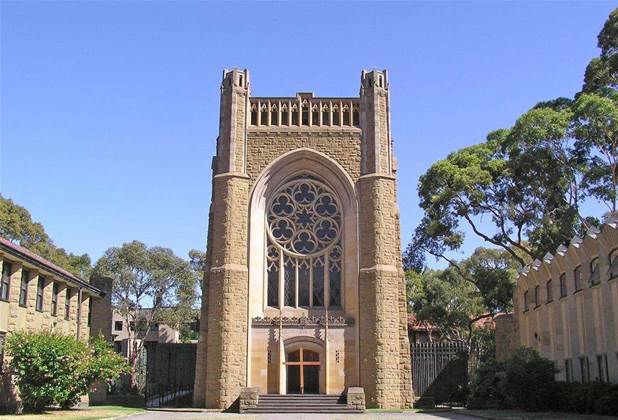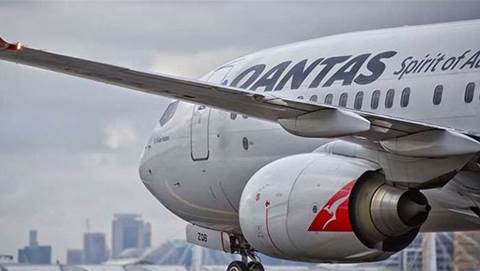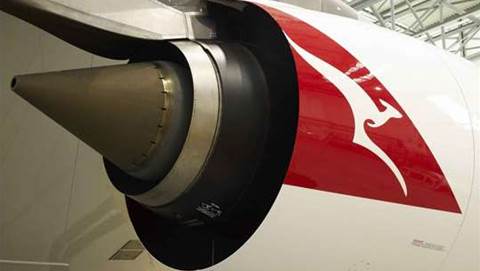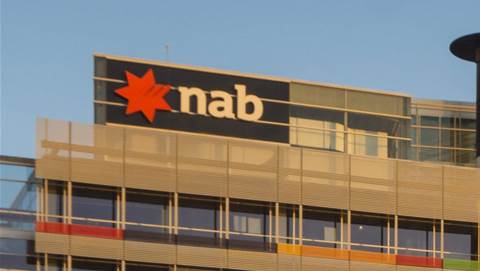The Australian Research Council (ARC) has released the results of a three-year study which found that some Australian universities are the world's cream of the crop when it comes to research in Computing and Technology fields.

The study, titled the Research Excellence Report for Australia, was released on the 31st January and aims to compare universities as part of the Gillard Labor Government’s Excellence in Research for Australia (ERA) initiative.
The Australian newspaper used the study to reveal which universities, for example, delivered the best research outcomes for any given discipline [pdf].
But according to the ARC, the ratings can also be used to weigh up Australia’s research prowess against institutions overseas.
The ARC rated each institution according to submissions of research papers and other non-traditional research submissions from universities, which was reviewed by peers and assigned a score in accordance with research evaluation criteria for eight discipline clusters.
The ARC used a rating scale [PDF] developed in 2009 which is "broadly consistent with the research evaluation processes in other countries".
For any given discipline, the study applied a value of 0 - 5 (or N/A), where 1 is characterised by evidence of performance well below world standard and 5 is characterised by evidence of outstanding performance.
According to Margaret Sheil, chief executive of the Australian Research Council, 91 percent of 23 Australian universities that offer Information and computing science achieved average or above average scores compared to international universities. [See Page 85 of the ARC's report - which measures university performances at the four-digit 'group' level].
At the broader two-digit 'division' level, the Australian National University scored a 5 in computing whilst the University of Melbourne and University of NSW scored a 4.
[Editors note: The ABS provides this guide to the difference between two and four digit levels.]
"We had a range of institutions that performed very strongly in [Information and computing science]," Sheil said.
Sheil said that international comparisons in the IT field tended to rely on research papers published in conference papers that were subsequently of "an unbelievable high standard."
The CEO concurred that the results prove Australia can retain top researchers and be a base for top-shelf research.
"I think it shows that you can really do world class research here and get it supported and hopefully it will keep people here," she said.
But Sheil said that it was a tough call to judge whether the results would influence which universities won research grants in the areas of IT and computing over the coming years.
"Often research grants are put forward by small teams or individuals, so you can be in a good place and not put in a good grant, and you could be a good person where there is not the same depth of activity and still win the grant," she said.
Australia's best commercialisation results over this three year period were in the areas of 'information systems' and 'artificial intelligence and image processing", followed closely by 'computer software'.


_(33).jpg&h=140&w=231&c=1&s=0)


_(20).jpg&h=140&w=231&c=1&s=0)





 iTnews Executive Retreat - Security Leaders Edition
iTnews Executive Retreat - Security Leaders Edition
 iTnews Cloud Covered Breakfast Summit
iTnews Cloud Covered Breakfast Summit
 The 2026 iAwards
The 2026 iAwards












_(1).jpg&h=140&w=231&c=1&s=0)



